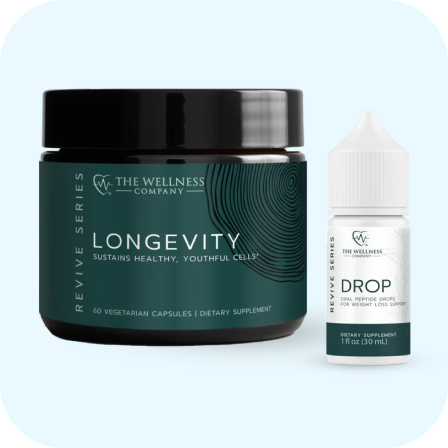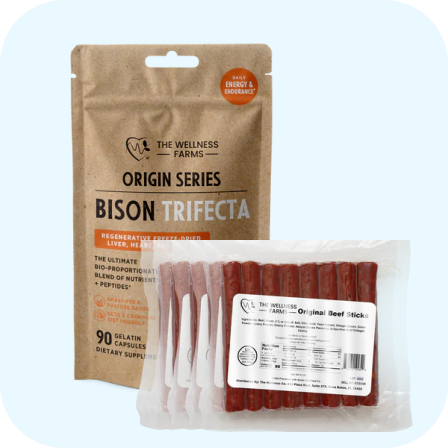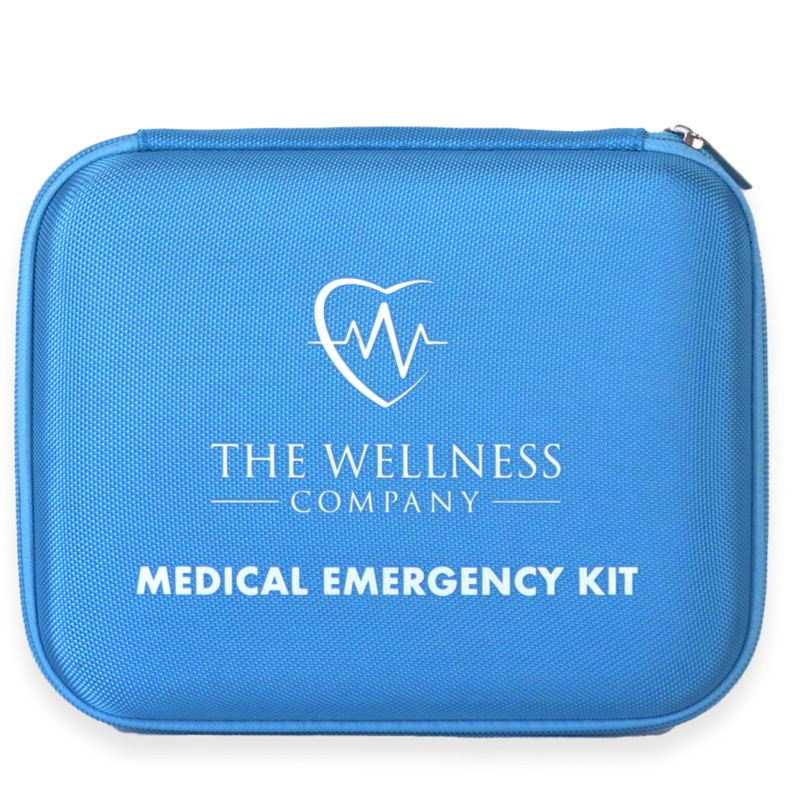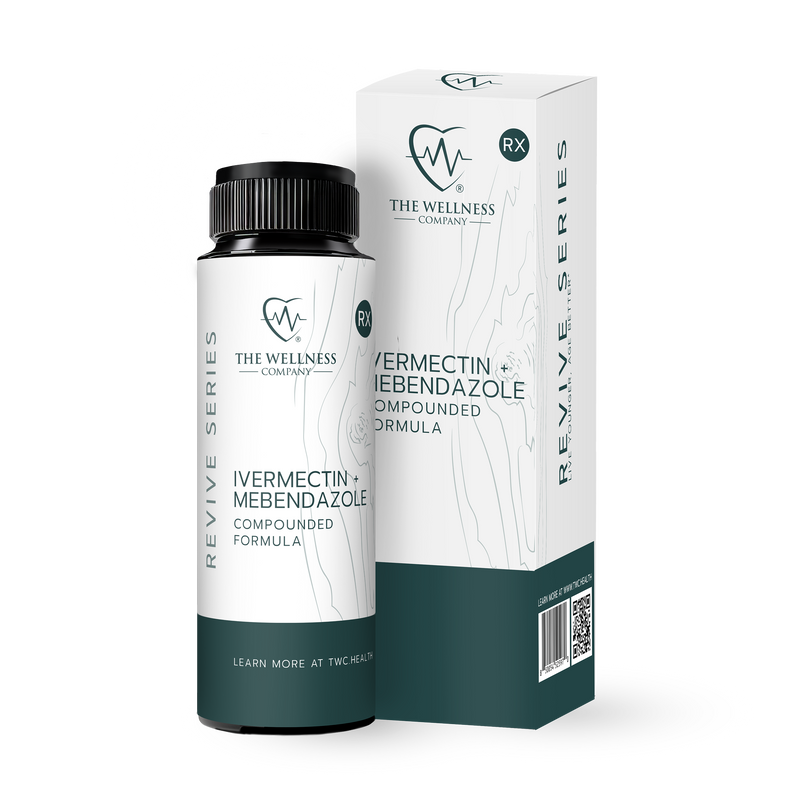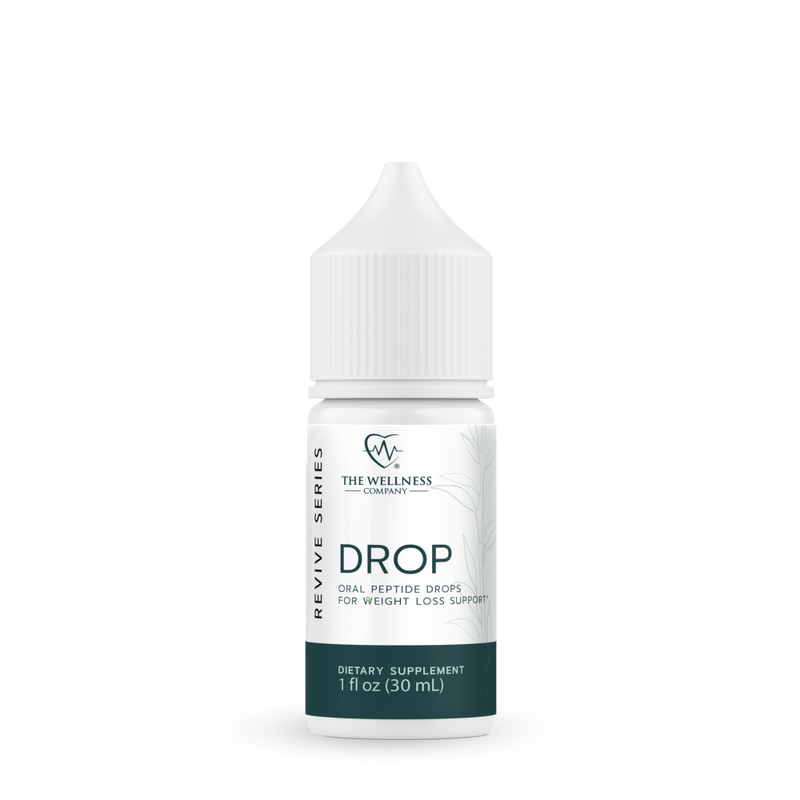Is Leaky Gut Sabotaging Your Health?
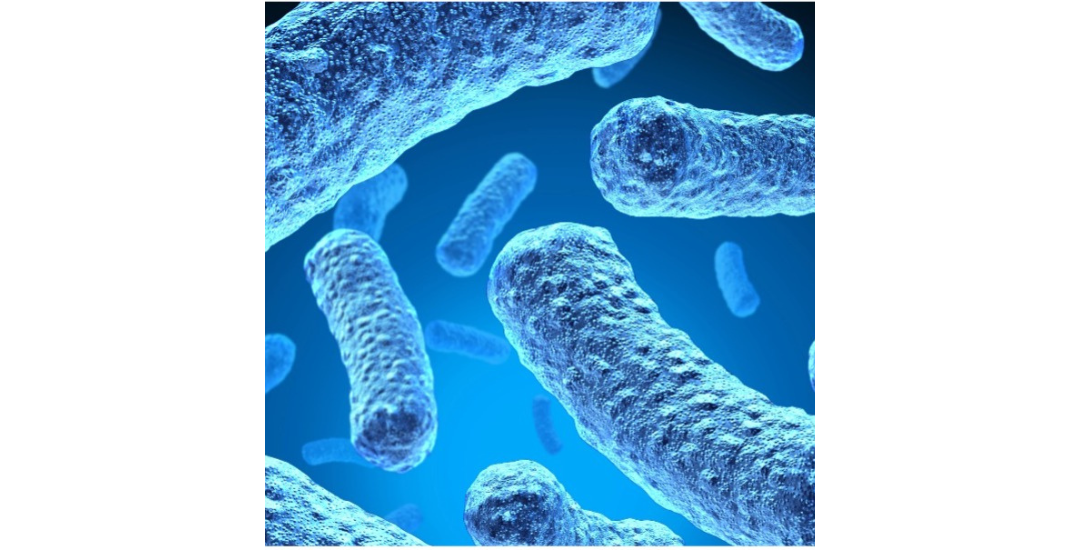
The Gut Microbiome & Your Immune System
The gut microbiome—a vibrant ecosystem of over 100 trillion microorganisms—plays a pivotal role in your health. This diverse community of bacteria, fungi, and viruses doesn’t just help digest food; it is central to nutrient absorption, vitamin production, and immune system regulation.
The Gut and Your Immune System
- 70–80% of your immune system is housed in the gut, specifically in the gut-associated lymphoid tissue (GALT). (1)
- The intestinal barrier, made of tightly joined cells and a protective mucus layer, keeps harmful substances out while allowing nutrients in. (1)
- Immune cells in the gut work alongside this barrier to distinguish between harmless and harmful invaders, maintaining whole-body health. (2)
Autoimmunity and Gut Health (3)
Autoimmune diseases are where the immune system mistakenly attacks healthy cells and are linked to imbalances in gut health and the microbiome:
- Rheumatoid arthritis
- Type 1 diabetes
- Lupus
- Inflammatory bowel disease (IBD)
- Celiac disease
- Hashimoto’s thyroiditis
- Psoriasis
What Is Leaky Gut?
Leaky gut (increased intestinal permeability) occurs when the lining of the small intestine becomes less effective as a barrier. This allows undigested food particles, toxins, and microbes to “leak” into the bloodstream, triggering immune responses and inflammation that can worsen or initiate autoimmune conditions. (4,7)
- Tight junctions between intestinal cells loosen, making the gut more permeable.
- This breach enables unwanted substances to cross into the bloodstream, activating the immune system and promoting inflammation.
Causes of Leaky Gut (4,5)
- Reduced Microbial Diversity & Dysbiosis: Overgrowth of harmful bacteria and loss of beneficial species can damage the gut lining and increase inflammation. (4)
- Diet: Diets high in processed foods, sugar, and unhealthy fats disrupt gut balance and promote inflammation. (4)
- Environmental Toxins: Exposure to pesticides, heavy metals, and pollutants can disrupt the gut microbiome and immune regulation. (4)
- Infections: Certain viral or bacterial infections can directly damage the gut lining or alter microbial balance, increasing the risk of leaky gut. (6,8)
- Chronic Stress: Ongoing stress alters gut bacteria, increases gut permeability, and dysregulates immunity. (10)
- Food Additives & Medications: Emulsifiers, preservatives, and artificial sweeteners in processed foods can disrupt the microbiome and gut barrier. (11) Overuse of antibiotics and NSAIDs can damage the gut lining and alter microbial balance. (12)
- Zonulin: The Gatekeeper of Intestinal Permeability: Zonulin is a protein that modulates the tight junctions between intestinal cells. When zonulin levels rise, these junctions loosen, making the gut more permeable—a hallmark of leaky gut. Elevated zonulin is linked to conditions like celiac disease and type 1 diabetes, and it is considered a key regulator of intestinal barrier function. (5)
How the Gut Trains the Immune System
From birth, the gut microbiome helps train the immune system to distinguish friend from foe. This “education” is critical for preventing unnecessary immune attacks and maintaining tolerance to harmless substances.
Short-Chain Fatty Acids (SCFAs):
SCFAs such as butyrate, propionate, and acetate—are produced when gut bacteria ferment dietary fiber. (7)
- Fuel for gut cells
- Maintain barrier integrity
- Regulate immune cells, especially regulatory T cells that prevent autoimmunity

Support Gut Barrier Health
- Eat More Fiber: Feeds beneficial bacteria, increases SCFA production, and supports barrier integrity. Promotes regularity and helps maintain a healthy mucus layer. Also avoid processed foods.
- Fermented Foods: Yogurt, kefir, sauerkraut, and kimchi provide live beneficial bacteria to support the microbiome.
- Manage Stress: Mindfulness, breathing exercises, sleep optimization, and gentle movement all support gut and immune health.
- Exercise Regularly: Supports circulation, lymphatic flow, and gut motility.
- Limit Toxins and Medications: Avoid unnecessary antibiotics and NSAIDs; reduce exposure to environmental toxins when possible.
References
- Thursby, E., & Juge, N. (2017). Introduction to the human gut microbiota. Biochemical Journal, 474(11), 1823–1836.
- Belkaid, Y., & Hand, T. W. (2014). Role of the microbiota in immunity and inflammation. Cell, 157(1), 121–141.
- Mowat, A. M., & Agace, W. W. (2014). Regional specialization within the intestinal immune system. Nature Reviews Immunology, 14(10), 667–685.
- Camilleri, M. (2019). Leaky gut: mechanisms, measurement and clinical implications in humans. Gut, 68(8), 1516–1526.
- Fasano, A. (2012). Leaky gut and autoimmune diseases. Clinical Reviews in Allergy & Immunology, 42(1), 71–78.
- Bischoff, S. C., et al. (2014). Intestinal permeability—a new target for disease prevention and therapy. BMC Gastroenterology, 14, 189.
- Koh, A., et al. (2016). From dietary fiber to host physiology: short-chain fatty acids as key bacterial metabolites. Cell, 165(6), 1332–1345.
- Sonnenburg, E. D., & Sonnenburg, J. L. (2019). The ancestral and industrialized gut microbiota and implications for human health. Nature Reviews Microbiology, 17(6), 383–390.
- Claus, S. P., et al. (2016). The exposome in practice: the example of the gut microbiome. Environmental Health, 15(1), 1–12.
- Foster, J. A., & Neufeld, K. A. M. (2013). Gut–brain axis: how the microbiome influences anxiety and depression. Trends in Neurosciences, 36(5), 305–312.
- Chassaing, B., et al. (2015). Dietary emulsifiers impact the mouse gut microbiota promoting colitis and metabolic syndrome. Nature, 519(7541), 92–96.
- Rogers, M. A. M., & Aronoff, D. M. (2016). The influence of non-steroidal anti-inflammatory drugs on the gut microbiome. Clinical Microbiology and Infection, 22(2), 178.e1–178.e9.
Written By Brooke Lounsbury








